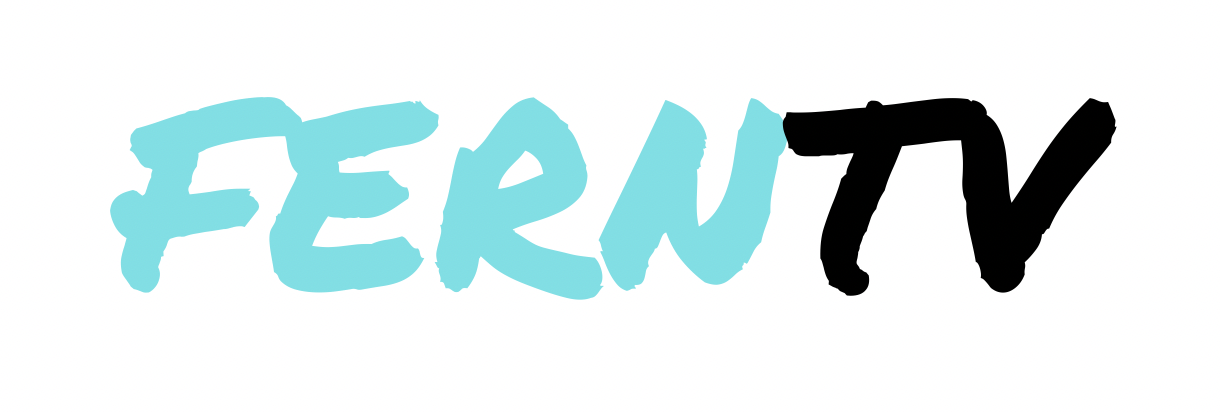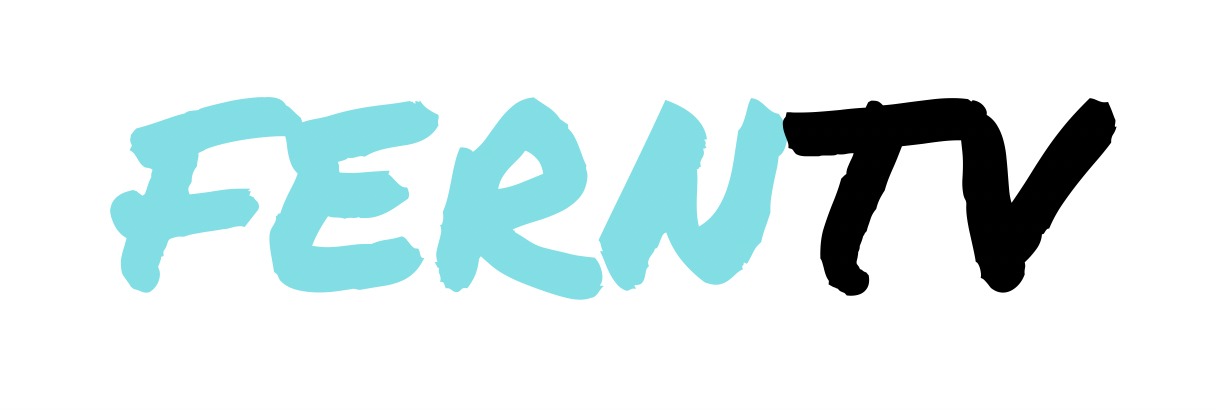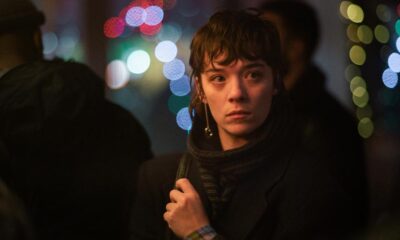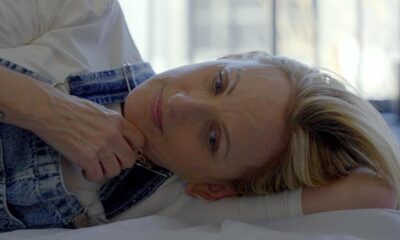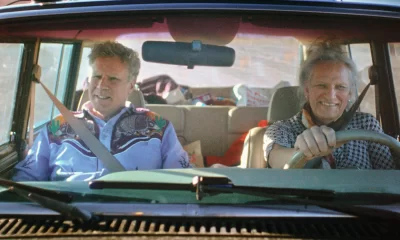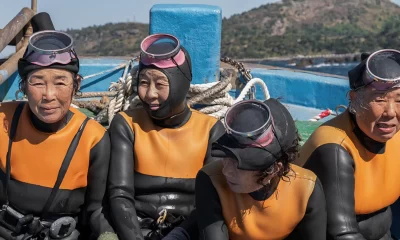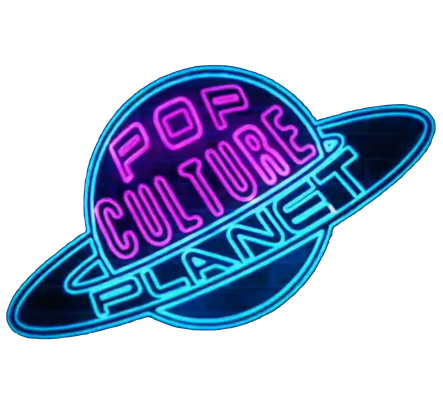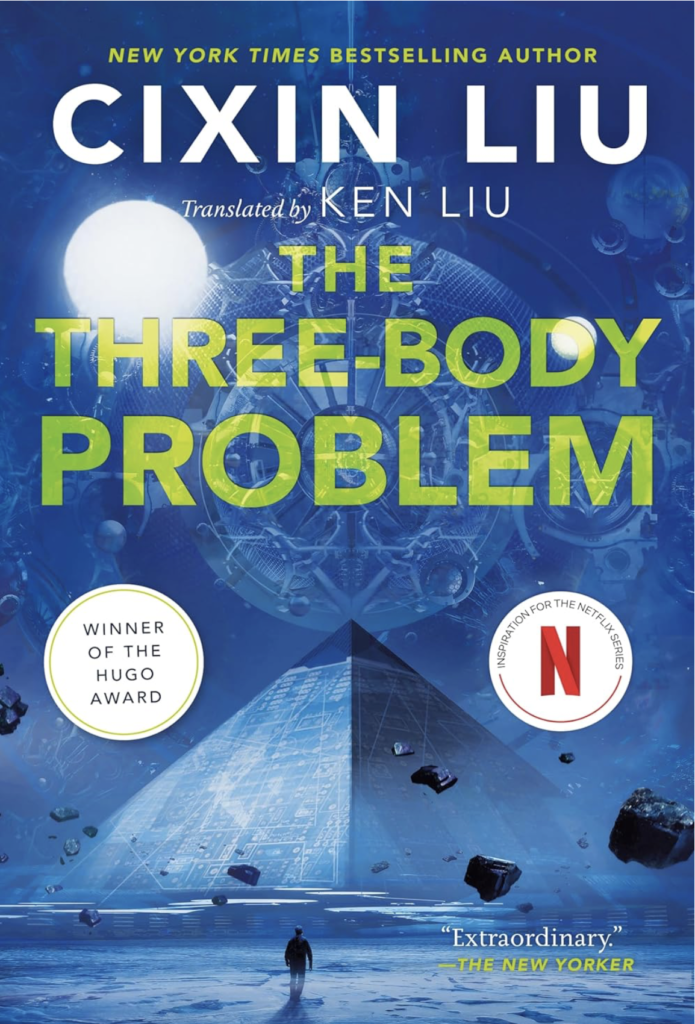DOCUMENTARIES
HOT DOCS 2020: BILE
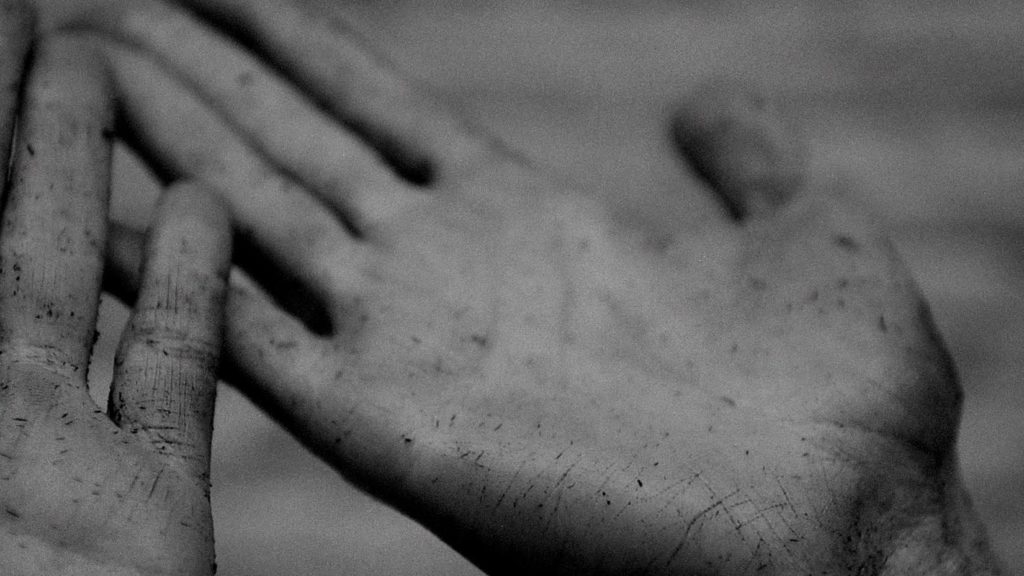

It might be time to be mindful of our health and the power of disease, especially in these unprecedented times. The internet itself can oversaturate us and leave many of us confused about what to do with our bodies and how to prevent illness. Since the dawn of time, humans have been curious about our bodies and what is under and on our skin. The timeline of how we looked at our bodies and how we portrayed them in every single manner is astonishing. Whether it was through drawings, art, literature, film, imaging and computers, the journey that the human race has embarked on to understand all the questions that we have about ourselves will never end.
Director Ira A. Goryainova brings us the documentary Bile which is a poetic mosaic of how the body has been examined, portrayed, sought after and thought of. The film explores Ira’s experiences with illness and cancer that brought her mother to death during post-Soviet Russia. The found footage of her family is seamlessly layered with archival footage and current experimental sequences of our advancements in medicine embedded with Ira’s haunting yet beautiful narration questioning humanity and its vulnerability. FERNTV spoke with director Ira A. Goryainova about this must-see documentary that will make the audience question what factors the way we lead our lives.
FERNTV: Do you feel that you have more knowledge about your own body and health after putting this film together or do you feel you have the same knowledge as to when you began filming?
Ira: Although Bile is in a way an informative documentary, meaning one can learn something new from it, and so did I while working on this film, it wasn’t my aim to gain knowledge about body or health. Either I learned, and it was my initial goal, how the body was portrayed throughout history: from Vesalius to modern medical imaging techniques and how these depictions influence us as a viewer or as a patient. With MRI, for example, it is possible to project on a screen the insides of a closed entity – and this is fascinating. We are immediately supposed to trust what we see, and this is the moment when an image exercises power over us.
For example, according to local Belgian media, researchers now are finding lung damage in some patients, who were hospitalized for another reason, let’s say a broken leg, so from one day to another somebody becomes a COVID-19 patient, just in virtue of a computer image, not because of what they feel.
FERNTV: Describe what it was like to go through the footage of your family before piecing it together for this film?
Ira: It’s touching. It is touching twice: positively and negatively. First, you delve into memories, you laugh, you relive the moments, and the less there’s footage, the more precious it becomes. But then you have to take a knife and cold-bloodedly cut the pieces, which will make a story. It’s like a surgeon doing a heart operation on a beloved one – alienating, turning the subject into an object.
FERNTV: Do you feel that your mother was a product of her environment?
Ira: This depends on what you mean exactly. As a person? Of course, she was, just like I am. My mother was born in the USSR in a gigantic, but closed country with very strict ideas on culture, politics and health issues, for example. Health and ‘physical culture’ have always been quite important pillars of totalitarian regimes. But if you mean her illness, terminal cancer as the product of her environment, here I would disagree. Cancer is like the current pandemic – above all borders. And even though I point out the corruption and other limitations of the Russian health care system, these issues are rather political. Russia is not less equipped in treating cancer compared to western countries.
FERNTV: Most documentarians truly love going through archival footage. Describe your journey and experience of going through this process for your film?
Ira: Since my documentary is not a historic film, depicting one specific past, whereas a script and a timeline are written out in a clear order, working with archival footage in Bile was literally like diving into both private and public memories. When thinking or recalling something, our thought doesn’t go simply linear. Usually, it is also not just one thought at a time, but two or three simultaneously. This is exactly how I worked with archival footage and how the film unfolds itself to the audience: I start with an own memory, another thought pops up and brings me somewhere far away, but still connected to the first memory, the combination of the two creates another thought. After a while, they might form a conclusion or fall apart like a house of cards, so a new thought comes in again. Virtually this is just the process of thinking. In my case, it is thinking with video and audio.
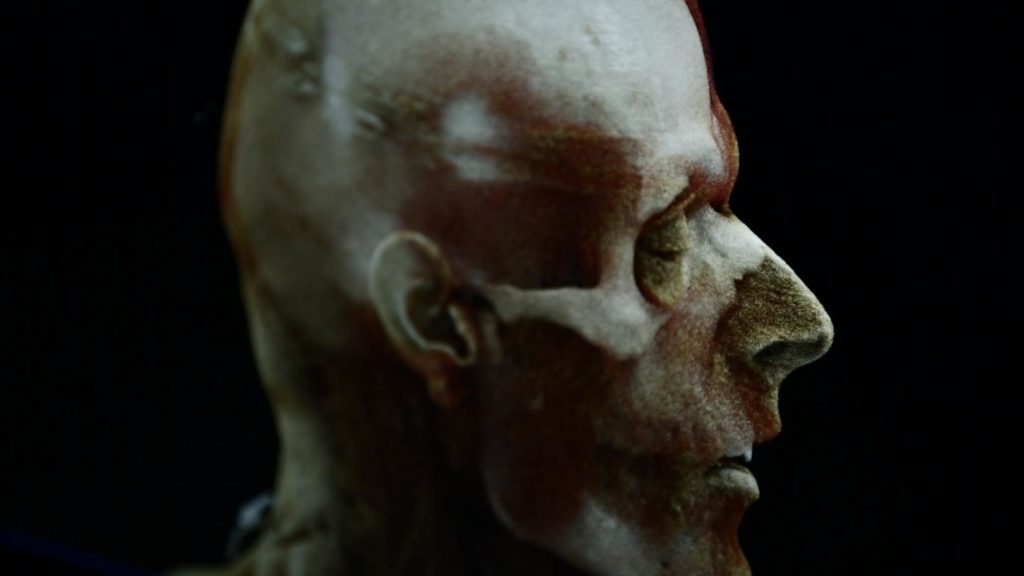

FERNTV: When I watch the old footage you included in your film, it haunts me because it shows how vulnerable and uncertain people were. Can you comment on that?
Ira: Exactly. And this is thanks to the techniques of capturing and recording. Even when working with documentary footage, which was shot just a day ago, it is fascinating to see how vulnerable people are. When I drop all the rushes onto a timeline and start playing with it, scrolling back and forward, pausing, sometimes freezing at one or another frame during a cut,
I notice all these little gestures, facial expressions and glints – things which are difficult to notice during the present moment, due to not having enough time and being embodied in our selves, our emotions and thoughts of that moment. In a few years, we will go through the footage of today and see how vulnerable and uncertain politicians and people are now.
FERNTV: Is it safe to say that advances in medicine will always lead to advanced diseases?
Ira: Such a question I would rather like to ask a scientist or a medical philosopher. As for my concerns, I would rather say that advances in medicine will anyway lead to death. The only thing we should be busy with (at least here, in the parts of the globe, which may be considered as the first world) is the comfort of life. And by this, I don’t mean a foldable screen of a smartphone or the cosines of holiday accommodation on Bali. I mean a decent life that every human deserves. Poor health and illness are a low-level comfort of life and here comes medicine rushing in to help us. Advances in the way we a forced to live, the air we have to breathe, the food which is sold to us – would be advances in the comfort of life. The rest is just the fear of death.
FERNTV: Hypnoskull does the music to your film. Do you feel that experimental sounds go hand in hand with an experimental film such as yours? Also, what was it like to work with them?
Ira: Experimental film is not necessary for the need for experimental sound. In fact, in Bile, there are apart from the work of hypnoskull, also two classical compositions. However, it is about the way an experimental music composer works. The art of filmmaking is often considered to be a business, and most of the time it is nothing more than a business. Usually in this business composers get a finished edit to write a piece of music for. But in my case, which is no business, working with a composer is an ongoing collaboration, which sometimes starts even before the first words of the script are dropped. Often in creating a scene, I depart simply from a sound which I get from hypnoskull. And because hypnoskull is not a classically trained composer, but an underground musician and artist, his audio vision is much more innovative, than I could ask for.
FERNTV: There’s a scene when Dr. Farber discusses how that will be able to control or contain cancer. Do you find it ironic that you are seeing this today with COVID-19 or do you feel it is something that we should expect?
Ira: Dr. Farber was talking about chemotherapy as the means to control cancer about half of a century ago or more, and it was indeed a very positive development at that moment. Today a lot of cancer types are still treated with such a barbarian procedure as chemotherapy, unfortunately. Scientists are sweating to find a good cure for cancer. As for COVID-19, I guess it is up to society and politicians to learn lessons, not just scientists.
-

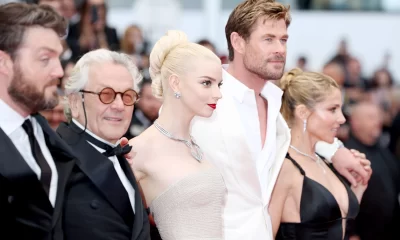

 ACTORS/ACTRESSES12 months ago
ACTORS/ACTRESSES12 months agoFuriosa Gets a Stunning 7-Minute Standing Ovation @Cannes 2024
-

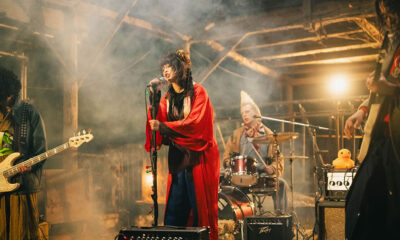

 FEATURES7 months ago
FEATURES7 months agoThe Gesuidouz Rocks Up @TIFF 2024
-

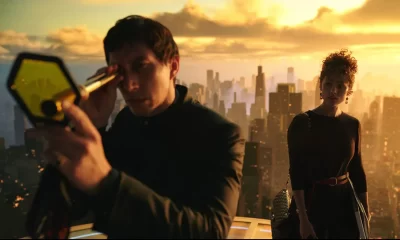

 ACTORS/ACTRESSES12 months ago
ACTORS/ACTRESSES12 months agoMegalopolis Receives Massive 10-minute Standing Ovation @Cannes 2024
-

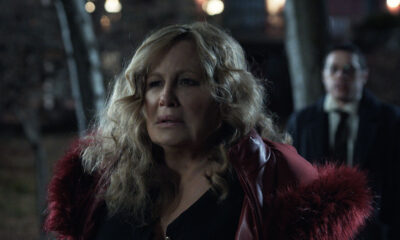

 FEATURES9 months ago
FEATURES9 months agoRiff Raff Set to Ruffle Feathers @TIFF 2024
-

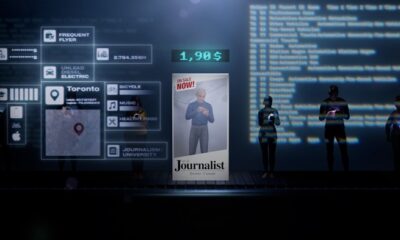

 DOCUMENTARIES12 months ago
DOCUMENTARIES12 months agoClick Trap Reveals Truth @Hot Docs 2024
-



 ACTORS/ACTRESSES11 months ago
ACTORS/ACTRESSES11 months agoKinds of Kindness Receives A Mere 4.5 Minute Standing Ovation @Cannes
-

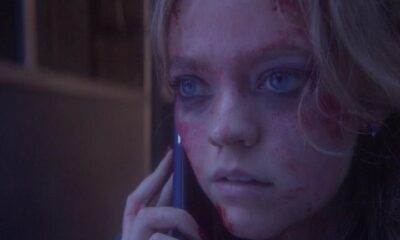

 ACTORS/ACTRESSES11 months ago
ACTORS/ACTRESSES11 months ago#AMFAD: All My Friends Are Dead @Tribeca 2024
-



 DOCUMENTARIES11 months ago
DOCUMENTARIES11 months agoMyriam El Hajj’s Diaries from Lebanon@Hot Docs 2024
